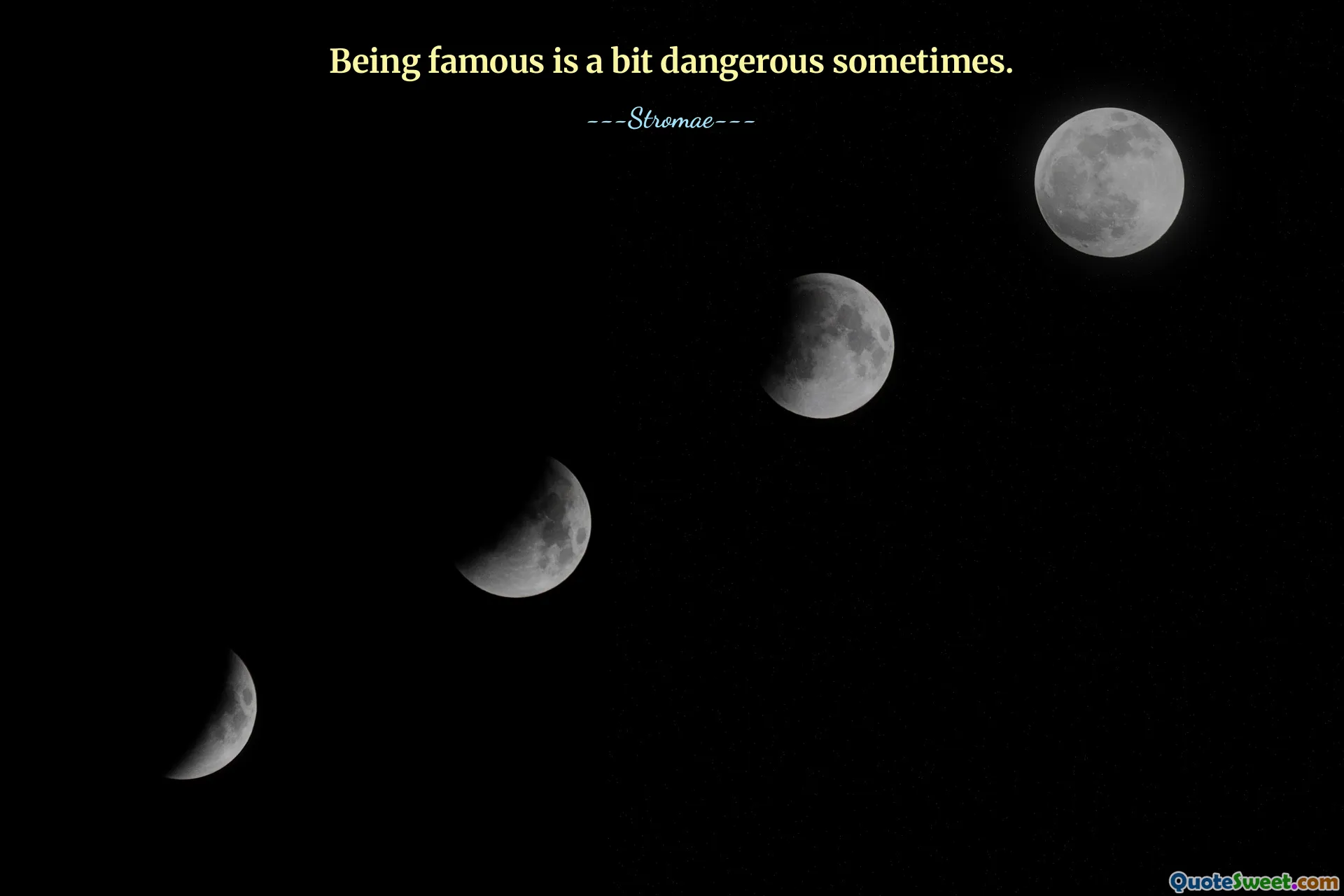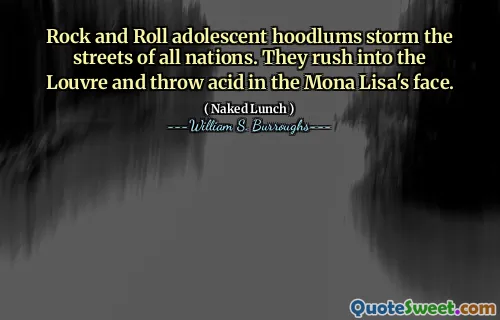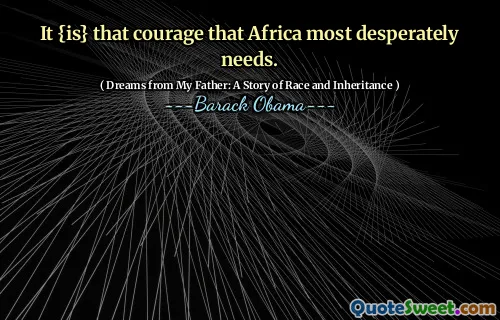
Being famous is a bit dangerous sometimes.
The notion that fame can be perilous is a resonant idea that touches many aspects of personal and societal life. Fame often comes with an alluring charm: recognition, admiration, and opportunities that are unavailable to the average individual. However, beneath this glamorous veneer lies a complex web of challenges that can threaten one's sense of privacy, mental health, and authenticity. When someone becomes famous, their actions, words, and appearances become public property, scrutinized under a relentless microscope. This can lead to feelings of isolation, as genuine personal connections become harder to maintain, and the fear of misinterpretation or criticism hovers constantly. Moreover, fame can distort perceptions, creating a false sense of invincibility or detachment from reality, which might culminate in reckless behavior or a loss of personal identity. The danger also extends to the mental health arena; many celebrities experience anxiety, depression, and in some cases, more severe mental health issues due to the pressures and invasions of their privacy.
The quote subtly reminds us that while striving for recognition can be desirable, it is essential to remain grounded and cautious of the potential hazards that come with prominence. This awareness fosters a more empathetic understanding of those in the limelight, acknowledging that their public persona may not accurately reflect their inner reality. Recognizing these dangers encourages society to support mental health initiatives and promote healthy boundaries for public figures, ensuring that the pursuit of fame does not compromise a person's well-being. It also prompts individuals to reflect on the pursuit of notoriety in their own lives, weighing the benefits against the inherent risks. Ultimately, fame, while alluring, can be a double-edged sword; its dangers necessitate careful navigation and a mindful approach to maintaining authenticity and mental health amidst popularity.










